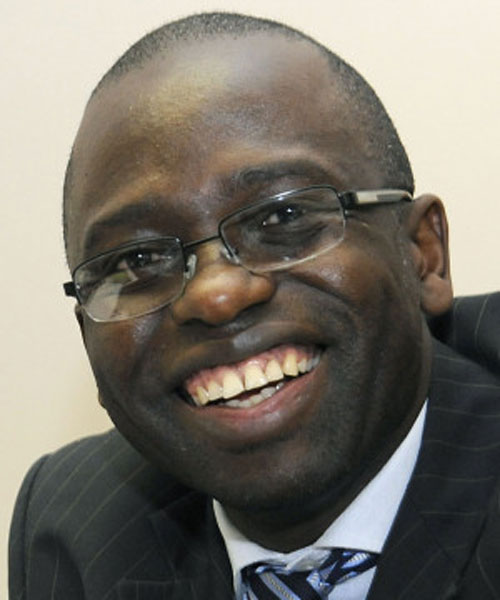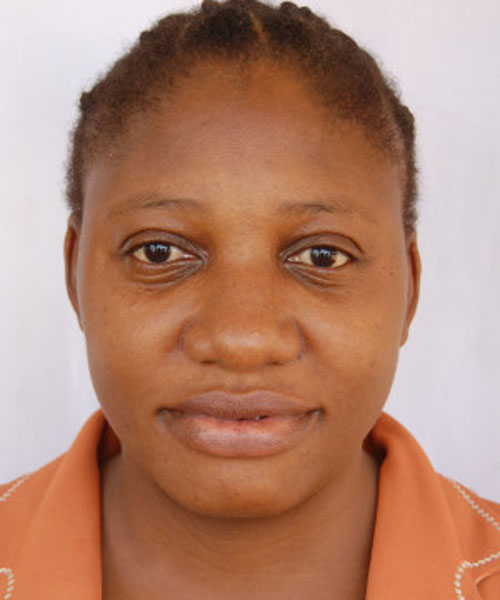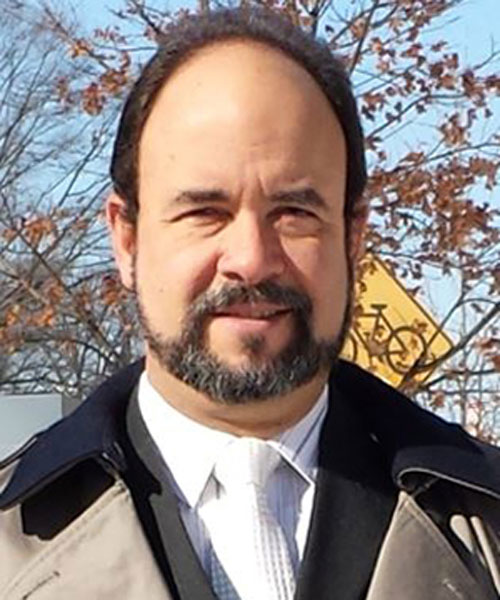
Experts call it the Fourth Industrial Revolution. Artificial Intelligence (AI) holds promise to change the way we consider  ourselves as human beings, and the world we live in. Hyper-fast automated processes, robots working side by side with humans, and powerful computing systems that can learn without human input suggest that the future long imagined in science fiction is now an emerging reality.
ourselves as human beings, and the world we live in. Hyper-fast automated processes, robots working side by side with humans, and powerful computing systems that can learn without human input suggest that the future long imagined in science fiction is now an emerging reality.
But what about the potential negative effects? What if AI-driven cyber attacks shut down economic systems or other important actvities? Will there be risks to privacy and freedom? What if the Fourth Industrial Revolution, for all of its benefits, displaces millions of human jobs, leaving the Global South especially exposed?
For the 2019 edition of the international science festival Trieste Next (27-29 September), TWAS has organized a roundtable with four international experts on themes related to AI, robotics and the changes and challenges that this is introducing, especially in developing countries. The event is titled "The promise – and risk – of the Fourth Industrial Revolution".
The event will take place on at 18.00 on Saturday 28 September in the Sala Palazzo Regione, Piazza Unita' d'Italia in Trieste, Italy. Admission is free, and the discussion will be in English. The audience will have opportunity to pose questions to the experts.
Tshilidzi Marwala, a TWAS Fellow from the University of Johannesburg in South Africa, will explore how AI enables machines to learn, adapt, evolve and optimize – and is already having a profound impact in engineering, medical sciences and social sciences.
Bolanle Ojokoh, a TWAS Young Affiliate from Federal University of Technology in Akure, Nigeria, will explain  how AI's applications in developing countries move beyond small, specific problems in a defined area to mitigate poverty, malnutrition and pollution, and to support agriculture and disaster response.
how AI's applications in developing countries move beyond small, specific problems in a defined area to mitigate poverty, malnutrition and pollution, and to support agriculture and disaster response.
An octopus has no rigid structures, but its arms allow both locomotion and grasping. Based on such living organisms, Laura Margheri from the Center for Micro-BioRobotics at the Italian Institute of Technology, will illustrate her Bioinspired Soft Robotics, with use and potential applications in developing countries.
Fernando Buarque from Universidade de Pernambuco in Brazil, will shed light on the new world of social co-existence based on intelligent technologies. His thesis: with some care, Artificial Intelligence  and the consequences of its mass incorporation can be used for the betterment of a society.
and the consequences of its mass incorporation can be used for the betterment of a society.
Cristina Serra

